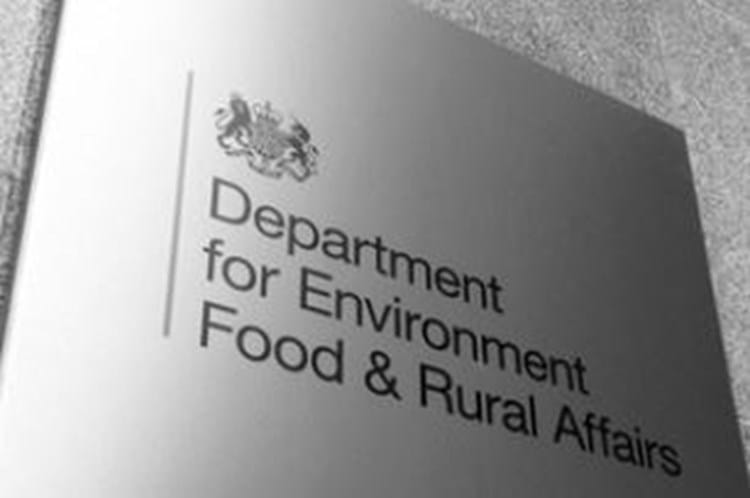
Defra confirmed the Ivory Act 2018 will be enforced from June 6, 2022.
From this date, the ivory ban will be in place, and it will be illegal to deal in ivory antique items unless they have a valid registration or exemption certificate.
Defra suggested that anyone with an item they believe meets one of the exemptions who wishes to sell it can register it or apply for an exemption certificate ahead of the ban coming into force.
However in reality if an item is being offered for sale before this date the registration or exemption certificate is not required.
The Animal and Plant Health Agency (APHA) are responsible for regulating the Act.
The fee for registering will be £20 per item or £50 for a group of objects (up to a maximum of 20 if they are being sold to the same buyer and meet the same exemption). For the group registrations there is a form available which can be obtained from APHA at: ivoryact@apha.gov.uk
The five exemptions are:
■ Pre-1947 items containing less than 10% ivory by volume.
■ Pre-1975 musical instruments containing less than 20% ivory by volume.
■ Pre-1918 portrait miniatures with a surface area of no more than 320 sq cm.
■ Sales to, and hire agreements with, qualifying museums.
■ Pre-1918 items with outstanding artistic, cultural or historical value.
However, applying to sell an antique (pre-1918) on the grounds it is of ‘outstandingly high artistic, cultural or historical value’ will be subject to a fee of £250, comprised of £20 for registration and £230 to cover the cost of expert advice provided by a committee of museum specialists.
For details on the guides and advice on the new laws, Defra has produced a main guide, a buyer guide and details of the exemption certificate.
- Main guide
- Buyer guide
- Pre-1918 outstandingly high artistic, cultural and historical value item guide
Details of the legislation is on the government website.





